Jack Ma, the founder of Alibaba, is back in the public eye after a hiatus. Here's how the Alibaba and Ant Group founder got started and amassed a huge fortune.
Jack Ma is the billionaire founder of Alibaba and Ant Group.
Ma has experienced financial success and scrutiny from his many business ventures.
He grew up poor and faced multiple job rejections but amassed billions. Here's a look at Ma's life.
Jack Ma, Alibaba and Ant Group founder, has been making moves during the last year after a lengthy hiatus.
Ma, who disappeared from public view in 2020 and resurfaced in Thailand in January 2023, most recently made news when The New York Times reported in January of this year that he had been buying up Alibaba shares again.
Ma faced a crackdown from Chinese regulators in 2020 that resulted in an antitrust investigation, a suspended IPO, and Ma losing $12 billion of his fortune in just a few months.
However, Ma quietly made moves throughout 2023, including a teaching gig at Tokyo College, investing in an agrotech startup, and incorporating a pre-packaged food company.
According to Bloomberg, his net worth is now estimated at $30.6 billion. In July 2023, China hit Ant Group with a nearly $1 billion fine, marking the end of its crackdown, The Wall Street Journal reported.
While Ma has had a challenging few years, adversity is nothing new to him. He grew up poor in communist China, failed his university entrance exam twice, and was rejected from dozens of jobs, including one at KFC, before finding success with his third internet company, Alibaba.
Here's how Ma got his start and made his fortune.
Jillian D'Onfro, Charles Clark, and Taylor Nicole Rogers contributed to an earlier version of this post.
The Chinese businessman is 59 years old.
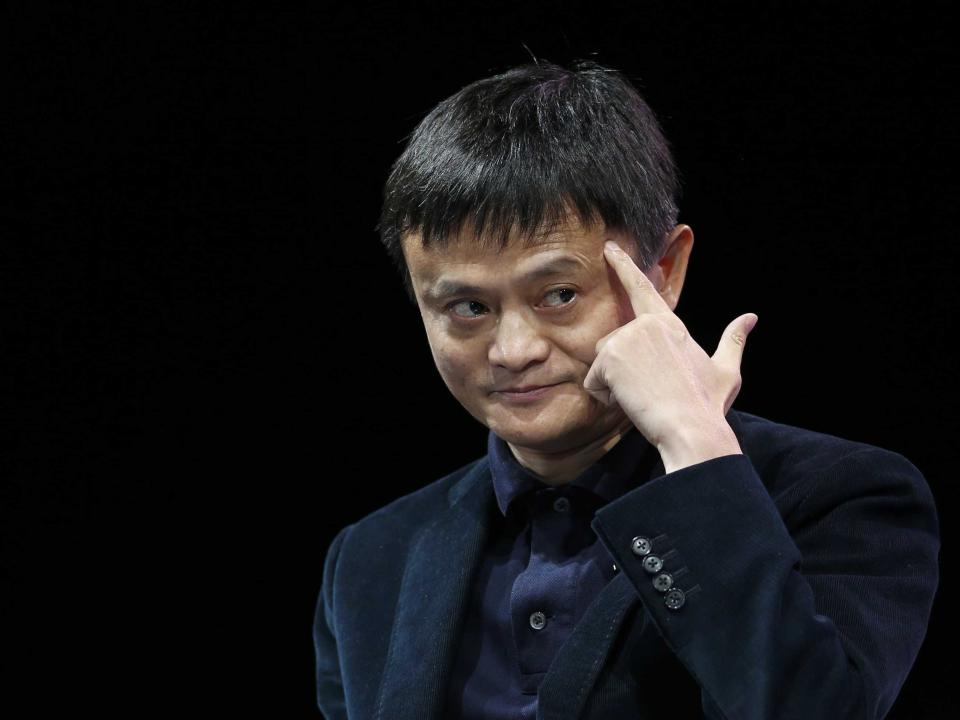
Jack Ma — born Ma Yun — was born on September 10, 1964, in Hangzhou, southeastern China. He has an older brother and a younger sister, USA Today reported.
He doesn't come from money.
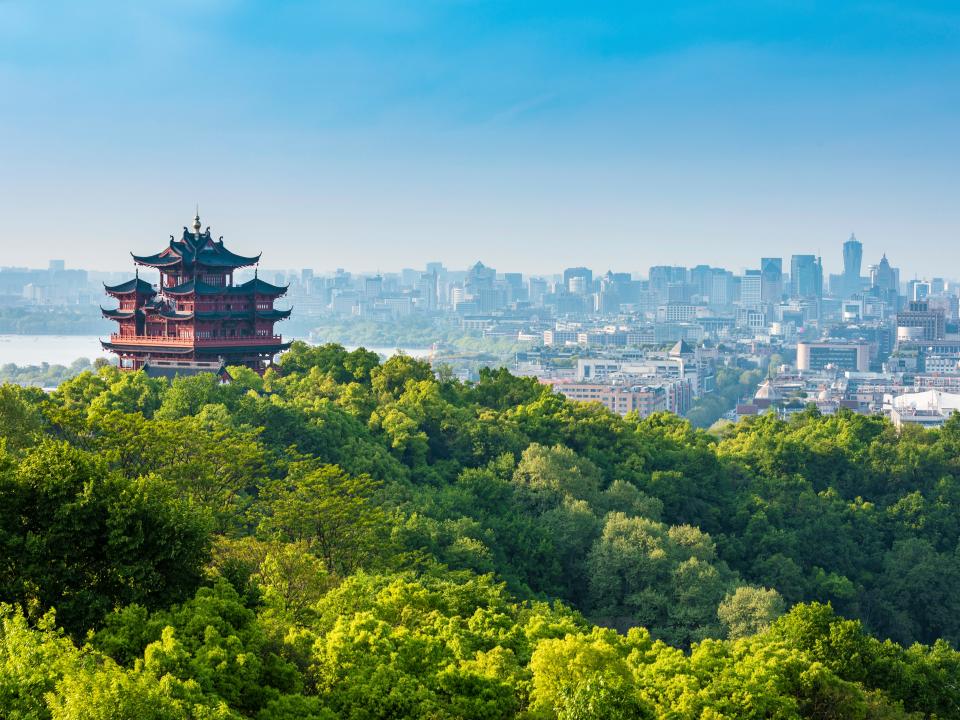
He and his siblings grew up at a time when communist China was increasingly isolated from the West, and his family didn't have much money when they were young, per 60 Minutes.
Ma was scrawny and often got into fights with classmates. "I was never afraid of opponents who were bigger than I," he recalls in "Alibaba," a book by Liu Shiying and Martha Avery.
As a kid, Ma liked collecting crickets and making them fight, and was able to distinguish the size and type of cricket just by the sound it made, according to USA Today.
When he became a teen, he offered travelers tours of his city in exchange for English lessons. That's how ended up with the nickname Jack, 60 Minutes reported.
It took Ma three tries to get into college.
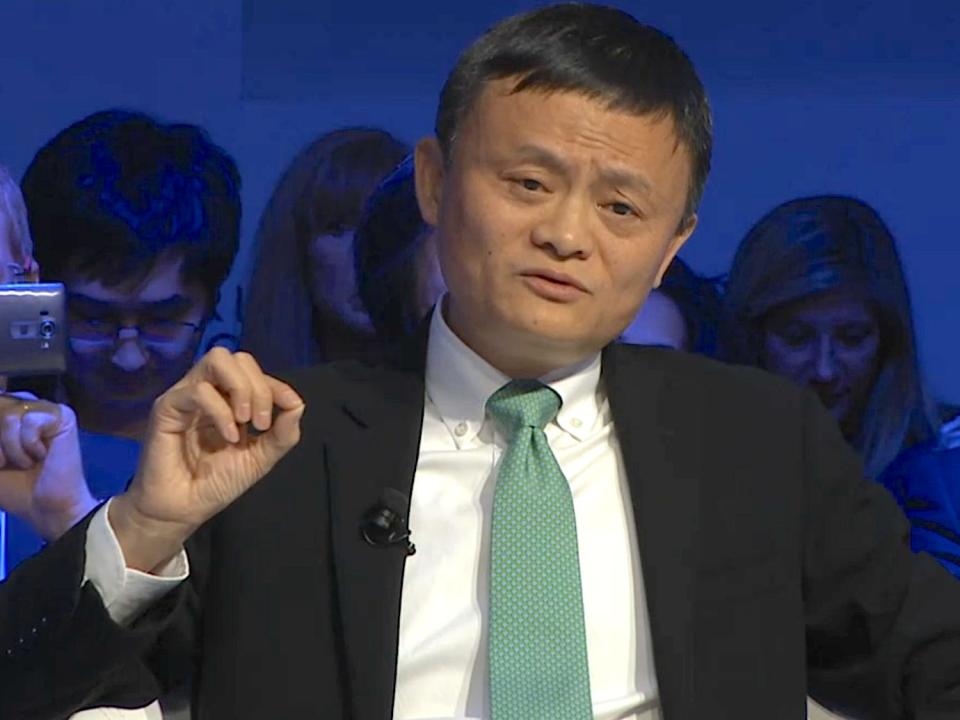
After high school, he applied to go to college — but failed the entrance exam twice. He finally passed on the third try, going on to attend Hangzhou Teachers Institute. At the World Economic Forum in 2016, Ma revealed he has been rejected from Harvard— 10 times.
He graduated in 1988 and started applying to as many jobs as he could.
He received more than a dozen rejections — including from KFC — before being hired as an English teacher at a university. Ma was a natural with his students and loved his job — though he only made $12 a month at a local university.
Ma keeps his family life private, but he's been married for decades.
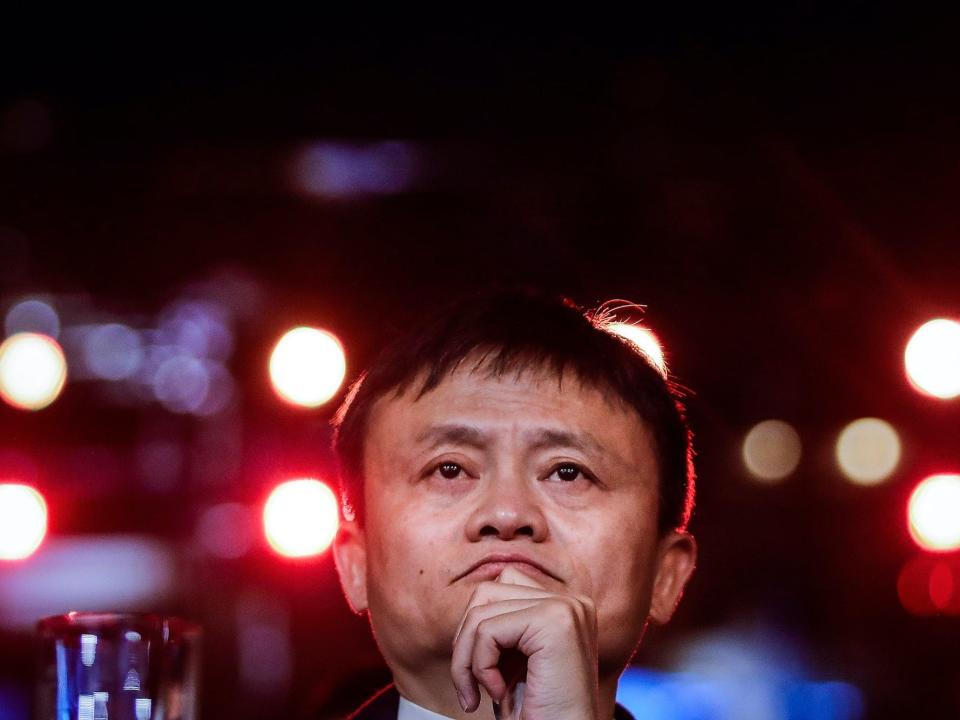
Ma married Zhang Ying, a teacher he met at school after they graduated in the late 1980s. They have two children — a daughter and a son, according to Bloomberg.
Ma got the idea to start an internet company during a trip to America.
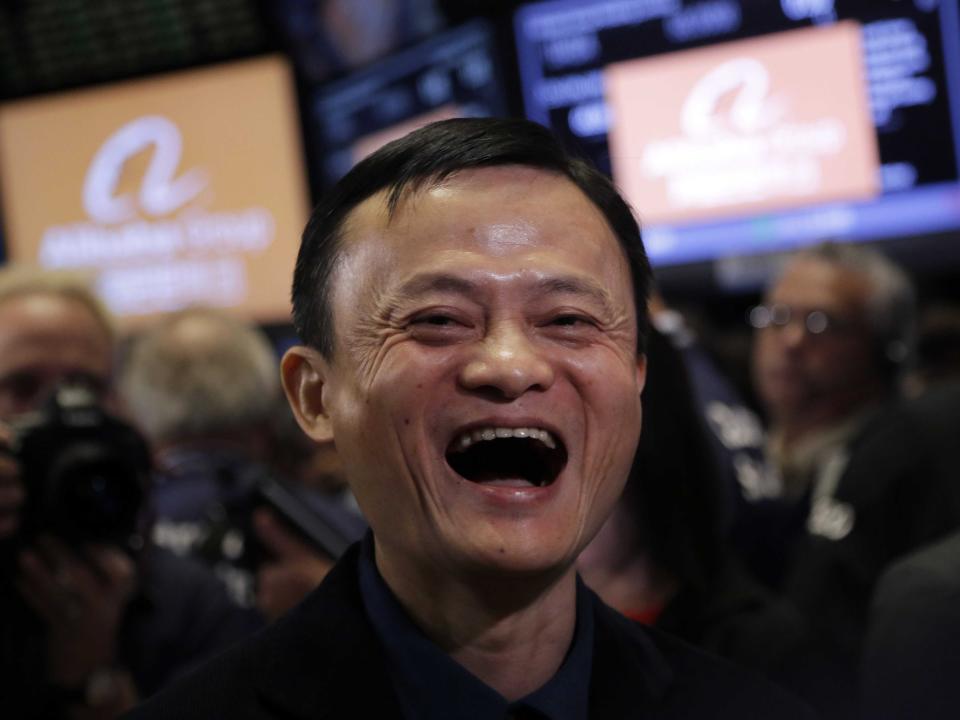
Ma had no experience with computers or coding, but he was captivated by the internet when he used it for the first time during a trip to the US in 1995. He had recently started a translation business and made the trip to help a Chinese firm recover a payment.
Ma's first online search was "beer," but he was surprised to find that no Chinese beers turned up in the results. It was then that he decided to found an internet company for China.
He founded Alibaba in 1999, and its success was nearly instant.
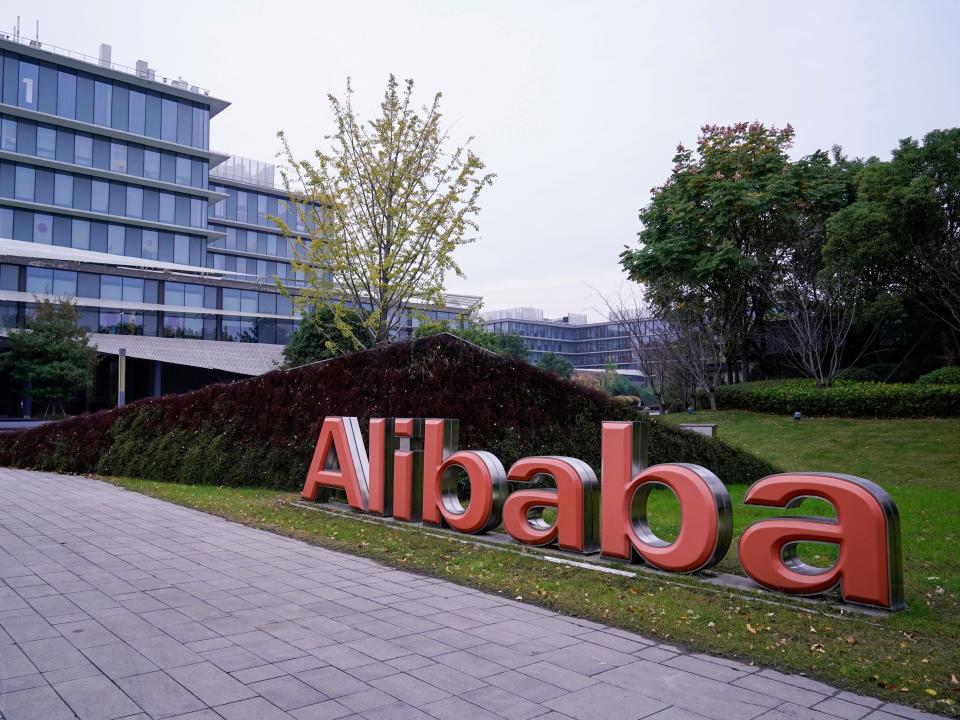
Though his first two ventures failed, four years later, he gathered 17 of his friends in his apartment and convinced them to invest in his vision for an online marketplace he called "Alibaba." The site allowed exporters to post product listings that customers could buy directly.
Soon, the service started to attract members from all over the world. By October 1999, the company had raised $5 million from Goldman Sachs and $20 million from SoftBank, a Japanese telecom company that also invests in technology companies.
The team remained close-knit and scrappy. "We will make it because we are young and we never, never give up," Ma said to a gathering of employees.
Ma was given the nickname "Crazy Jack" by reporters during his company's mid-2000s rivalry with eBay.
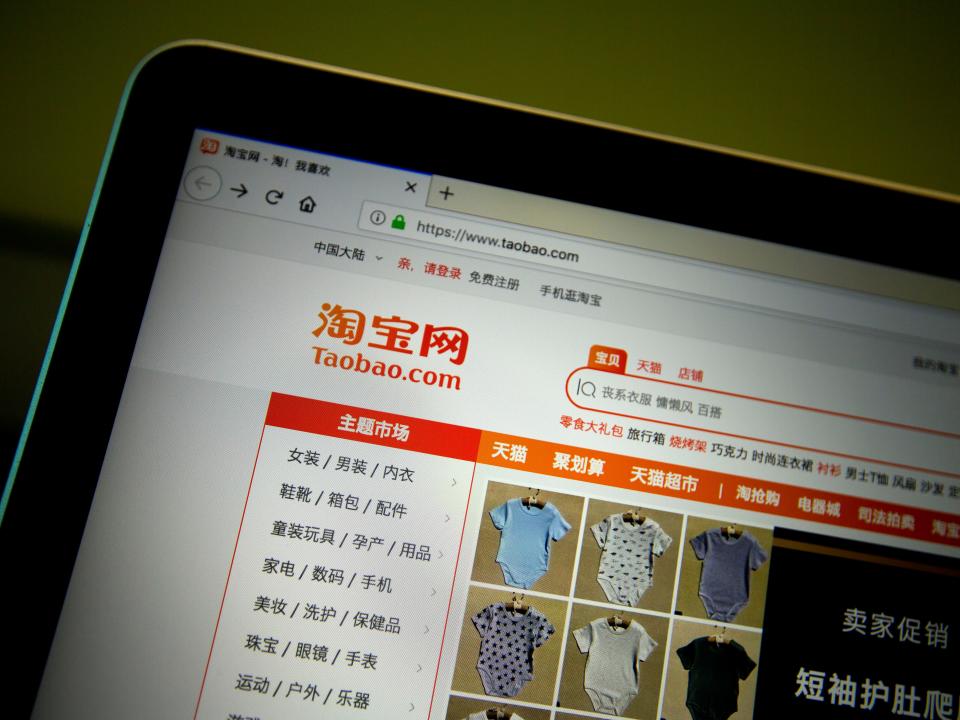
He was known for maintaining a sense of fun at Alibaba. In the early 2000s, when the company decided to start Taobao, its eBay competitor, he had his team do handstands during breaks to keep their energy levels up.
When the company first became profitable, Ma gave each employee a can of Silly String to go wild with.
Yahoo invested in Alibaba in 2005.
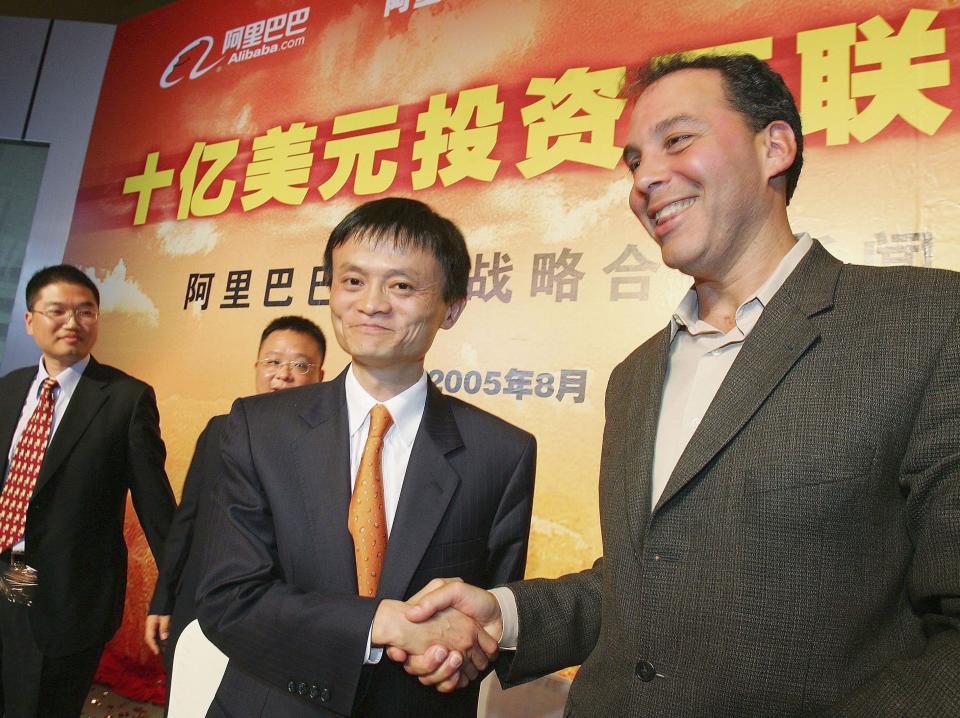
In 2005, Yahoo invested $1 billion in Alibaba in exchange for about a 40% stake in the company. This was huge for Alibaba — at the time it was trying to beat eBay in China — and it would eventually be an enormous win for Yahoo too, netting it $10 billion in Alibaba's IPO alone, TechCrunch reported.
Ma stepped down from his post as CEO in 2013.
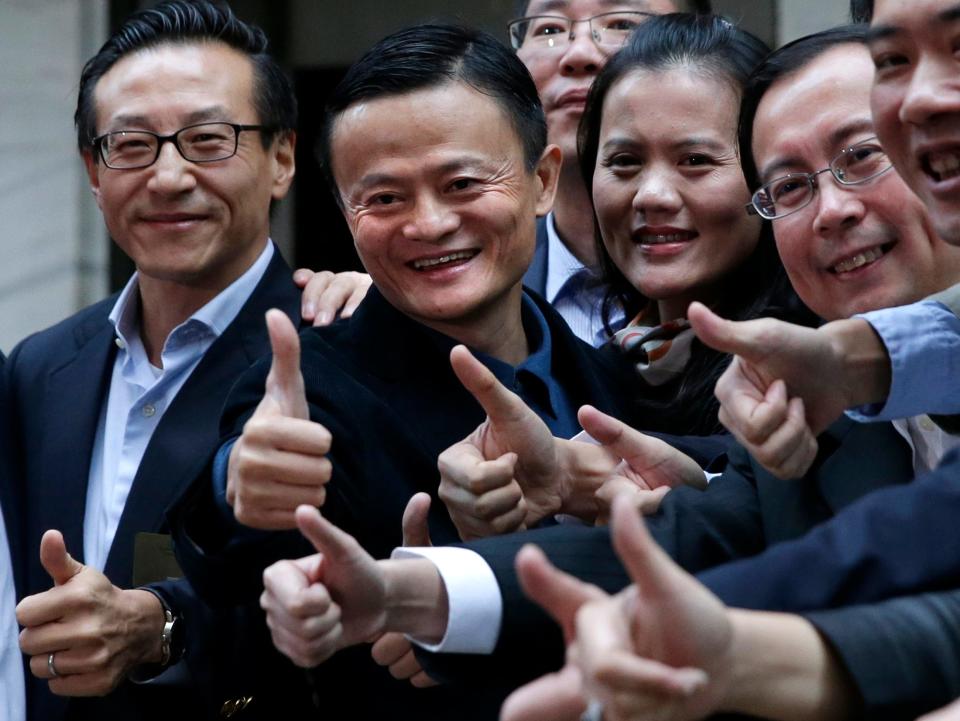
Alibaba went public on the New York Stock Exchange on September 19, 2014.
The company's $150 billion IPO was the largest offering for a US-listed company in the history of the NYSE. It also made Ma the richest person in China, with an estimated worth of $25 billion at the time, Bloomberg reported.
"Today what we got is not money. What we got is the trust from the people," Ma told CNBC at the time.
Ma stayed on as chairman at Alibaba until 2019. That year it was reported he
Ma owns stakes in Alibaba and a payment-processing service.
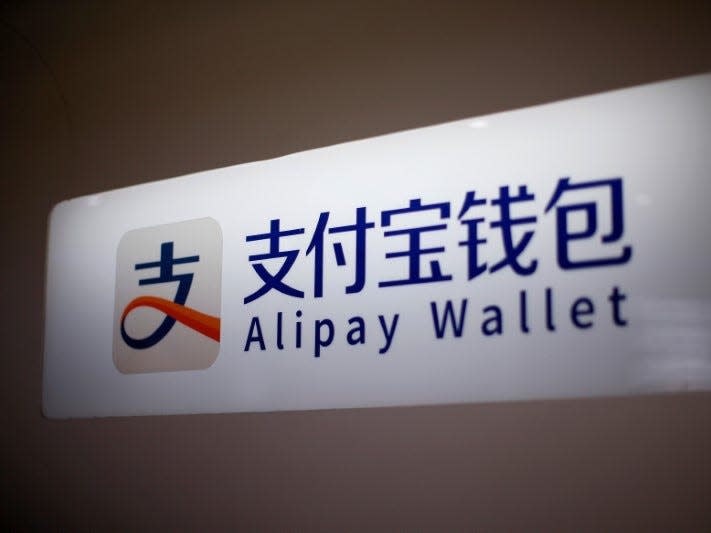
Alibaba reported in 2022 that Ma owned 3.7% of the company both directly and through holding companies, according to Bloomberg Billionaires Index.
Ma owns a 10% stake in payment-processing service Alipay, which rebranded to Ant Group in 2014, according the company's prospectus filing in 2020.
One of his greatest passions is the environment.
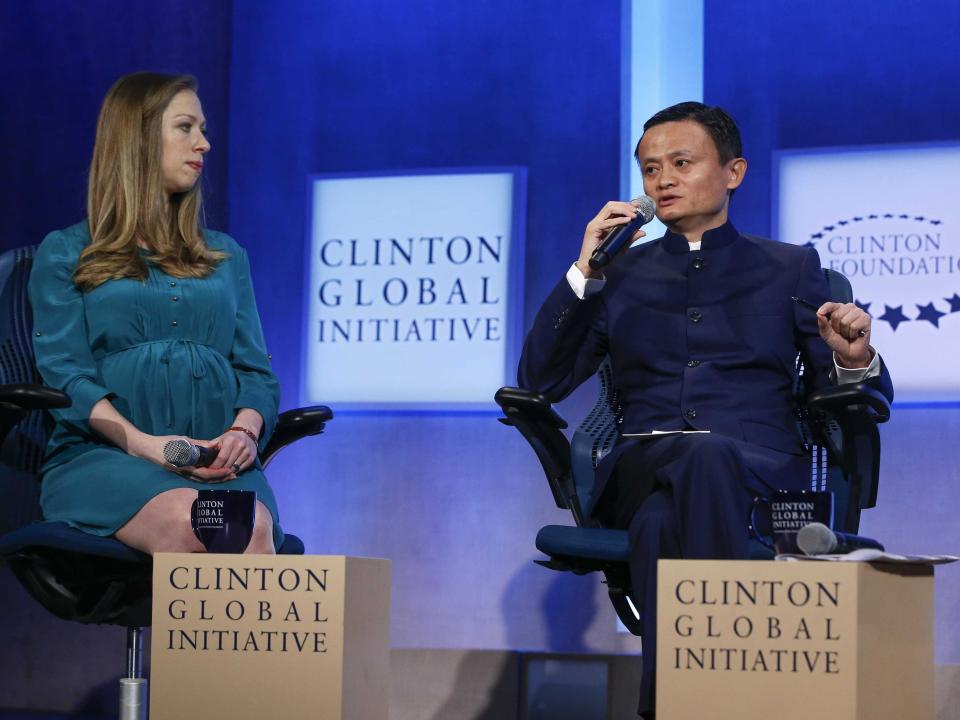
According to Fortune, Ma developed an interest in environmentalism when a member of his wife's family became sick with an illness that Ma suspected was caused by pollution.
He sat on the global board of The Nature Conservancy and spoke during a session of the Clinton Global Initiative in 2015. He was also, according to Fortune, instrumental in funding a 27,000-acre nature reserve in China.
The biggest day in the calendar for Alibaba is China's "Singles' Day" — a retaliation to Valentine's Day — which supposedly celebrates the country's singletons.
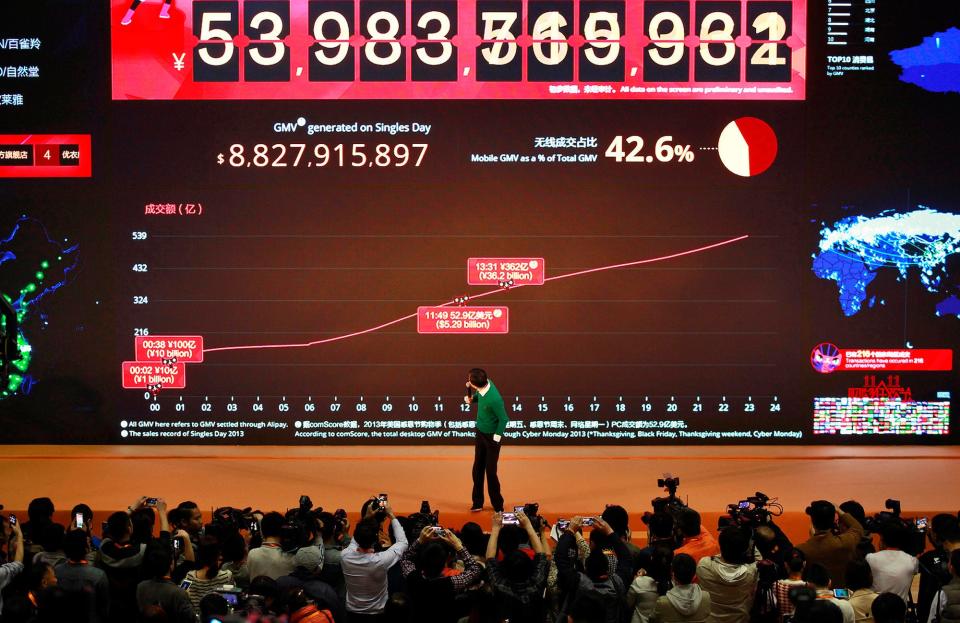
It's also known as the Global Shopping Festival in Alibaba reports, and it takes place on November 11. In 2021, the e-commerce giant reported nearly $85 million on Singles' Day. Taylor Swift performed at the company's Singles' Day event in 2019.
Ma appears humble despite his financial success.
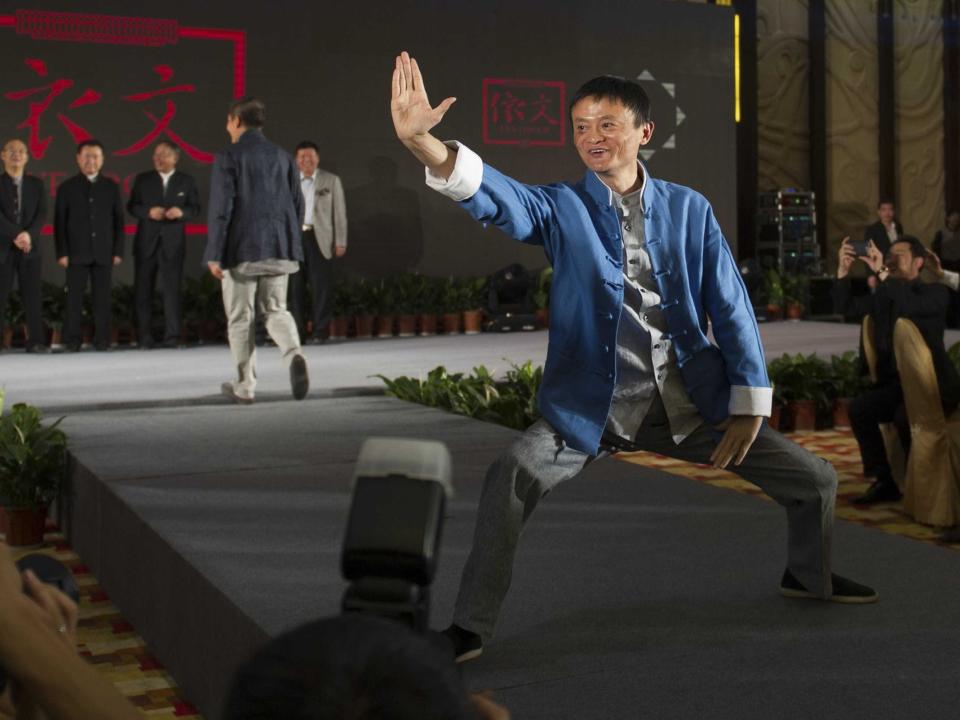
Alibaba's success may have made Ma an extremely wealthy man, but he still has some pretty modest hobbies.
"I don't think he has changed much, he is still that old style," Xiao-Ping Chen, a friend of Ma, told USA Today. He likes reading and writing kung fu fiction, playing poker, meditating, and practicing tai chi.
Ma once told employees at a press conference in 2014 that he hoped they use their newfound wealth to become "a batch of genuinely noble people, a batch of people who are able to help others, and who are kind and happy."
Even though Ma has kept his humble hobbies, he has also splurged on a French chateau and a plane for Alibaba.
Ma bought a vineyard and a chateau in Bordeaux, France, in 2016, according to CNBC. And in March 2013, Alibaba spent a reported $49.7 million on a Gulfstream G550, mostly for Ma's use, according to China Daily.
In 2017, Ma made headlines after meeting President Donald Trump.
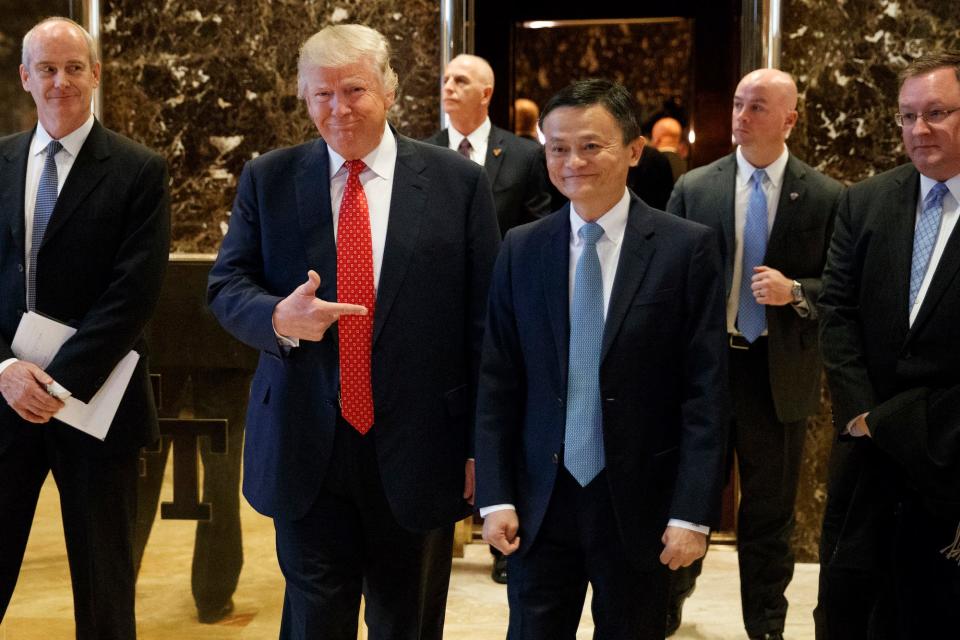
Despite Trump's protectionist attitude towards trade, Ma said China and the United States were not about to be drawn into a trade war.
"Give Trump some time. He's open-minded," Ma told a panel at the World Economic Forum in January 2017.
Ma is something of a celebrity in China.
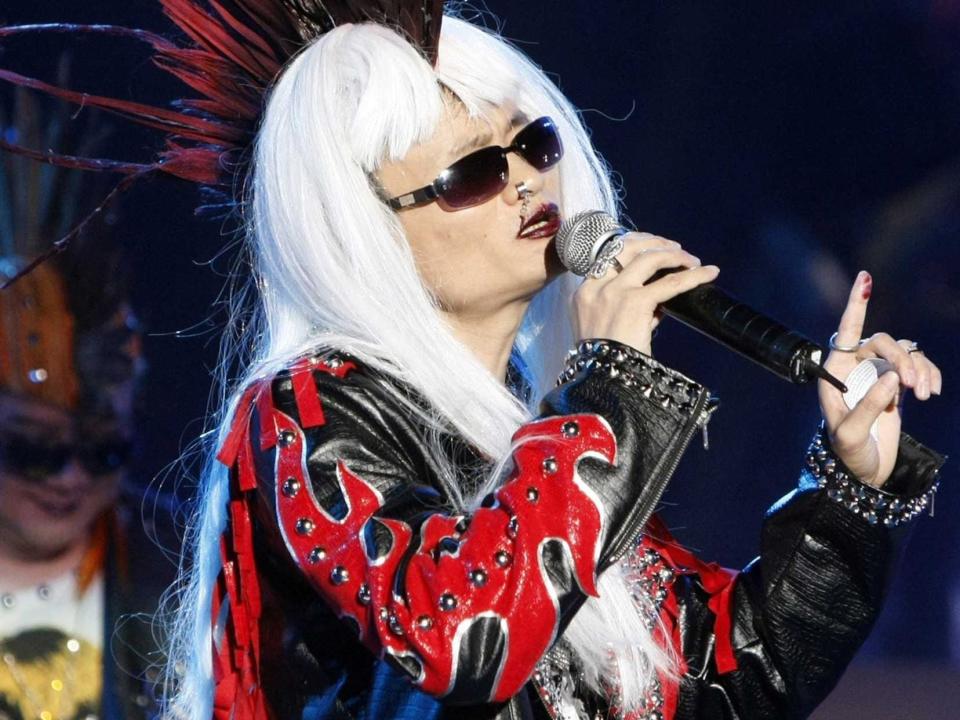
Crowds of people show up to listen to him speak. The company also hosts annual talent shows, and Ma is a natural entertainer. At a company anniversary event, he dressed up as a punk rocker for a performance in front of 20,000 Alibaba employees, according to 60 Minutes.
In 2014, Ma told Bloomberg he knew Alibaba had made it big when another customer offered to pay his restaurant bill.
The customer, Ma said in the interview, had left Ma a note that read: "I'm your customer of Alibaba group, I made a lot of money and I know you don't make any money. I'll pay the bill for you.".
Ma stepped down as Alibaba's chairman on his 55th birthday and chose a former Alibaba CEO to replace him.
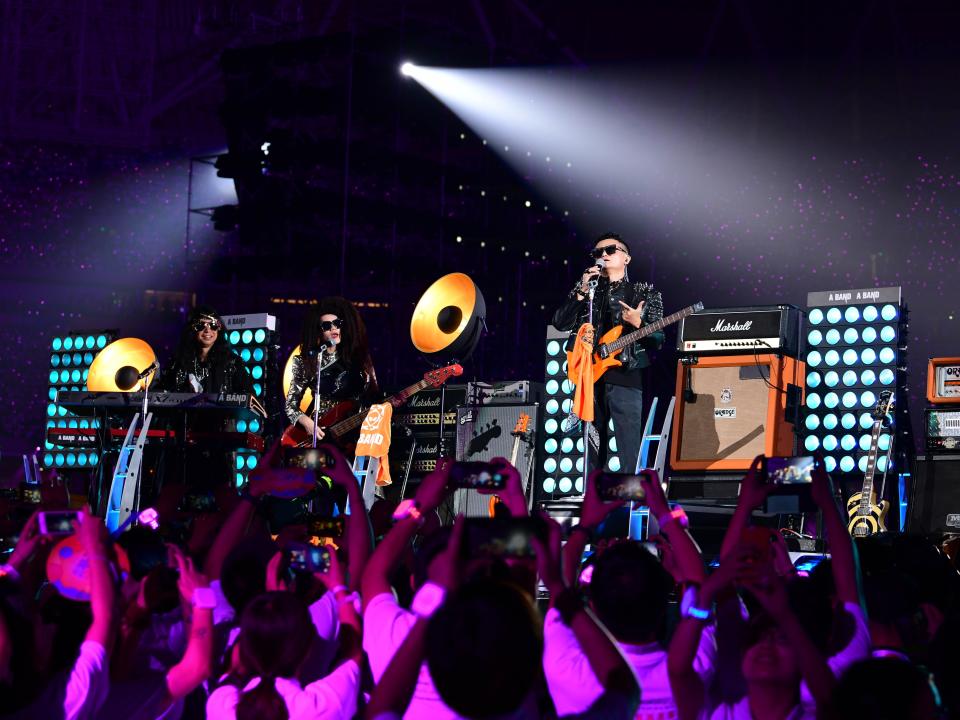
He left the position on September 10, 2019. The company threw him a farewell party in an 80,000-seat stadium in Hangzhou, and Ma performed with other Alibaba executives.
Ma picked Daniel Zhang, who was named the CEO of Alibaba in 2015, to replace him as chairman. According to CNN Business, Ma decided to pivot to full-time philanthropy.
When COVID-19 rocked the world, Ma sprung into action.
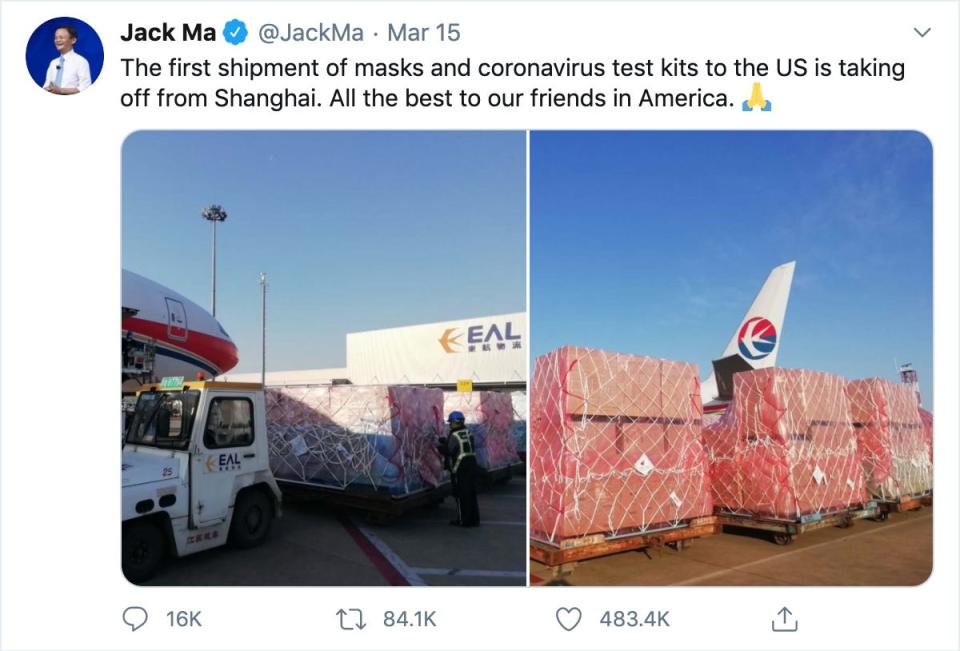
When the coronavirus pandemic brought the world to a halt in March 2020, Ma sourced and shipped N95 face masks and COVID-19 testing kits to over 100 countries dealing with shortages, including the US.
In May 2020, SoftBank announced that Ma would resign from the troubled investment fund's board of directors.
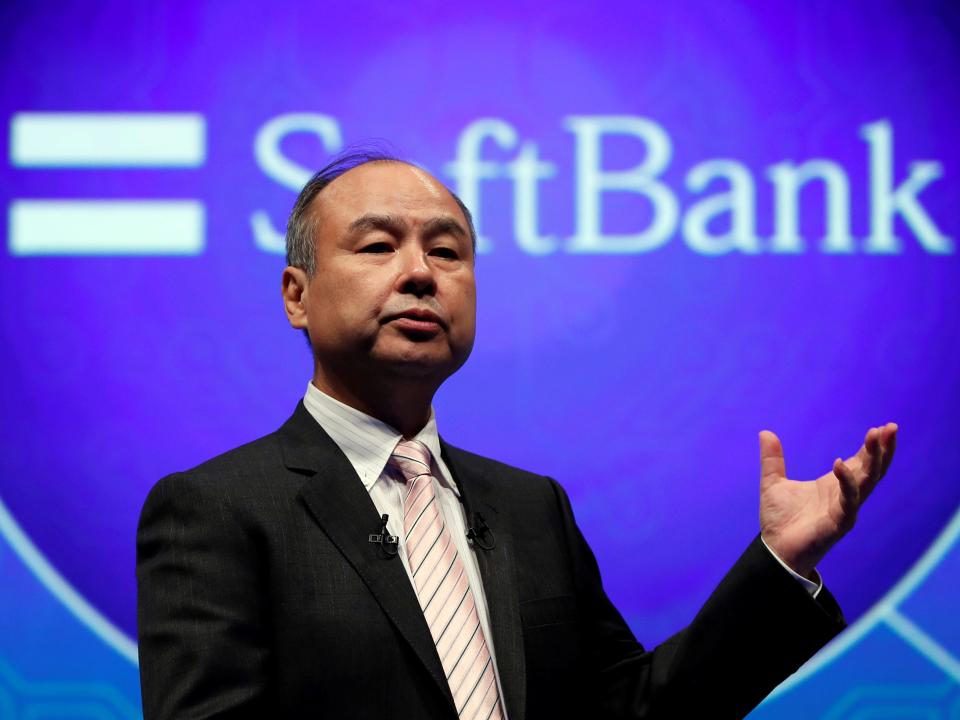
"Stepping down from SoftBank Group's Board, I believe, and he said to me actually, was something that he decided on his own," SoftBank CEO Masayoshi Son said during the firm's earnings announcement.
"That's sad, but we still keep in contact directly, and right before the COVID-19, we met face-to-face every month to have dinner, to talk about businesses, to talk about lives. And we will remain friends for the rest of our life, I believe."
In October 2020, Ma made headlines again in relation to Ant Group's highly anticipated IPO.
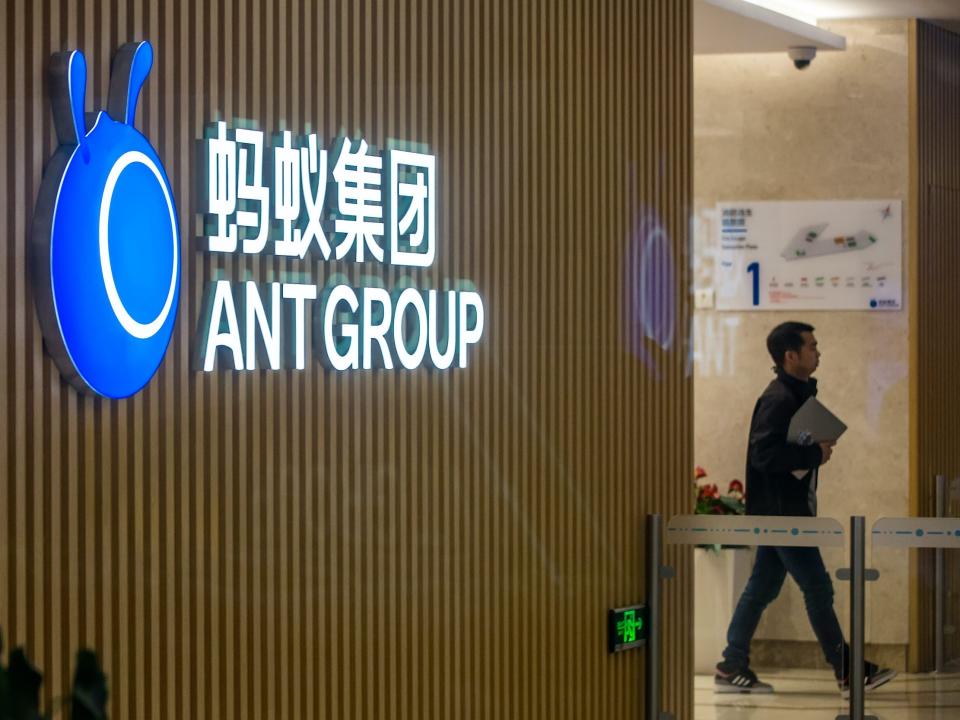
Ant Group was expected to raise $37 billion with a valuation reportedly surpassing $300 billion. But then, Ma publicly snubbed China's financial regulatory system, calling it "an old people's club."
Soon after, regulators introduced new online lending rules that directly impacted Ant's business.
Officials then said there were "major issues" with Ant's listing, and by November 2020, the IPO was suspended.
It was expected to serve as a "stamp of approval" for disruptors in the traditional banking sector before the new rules changed the IPO's trajectory.
Chinese regulators opened an antitrust investigation into Alibaba in December 2020, yet another crackdown on Ma's empire.
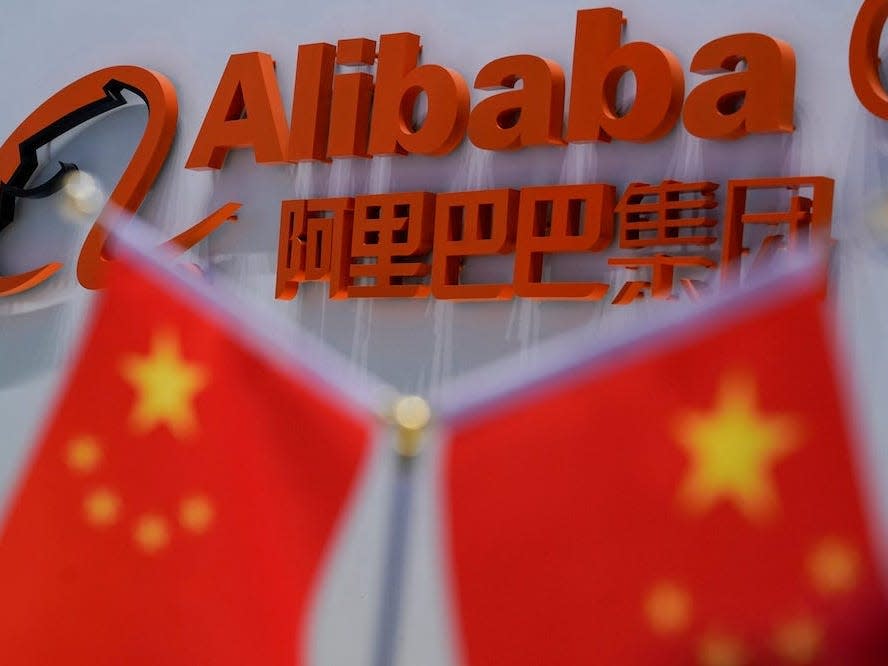
Regulators said they were launching an anti-monopoly investigation into Alibaba and held talks about stricter financial regulations with Ant Group.
As part of the investigation, China's State Administration for Market Regulation looked into the contracts Alibaba asked sellers to sign.
Amid the investigation, speculation began on whether Ma was missing in 2021.
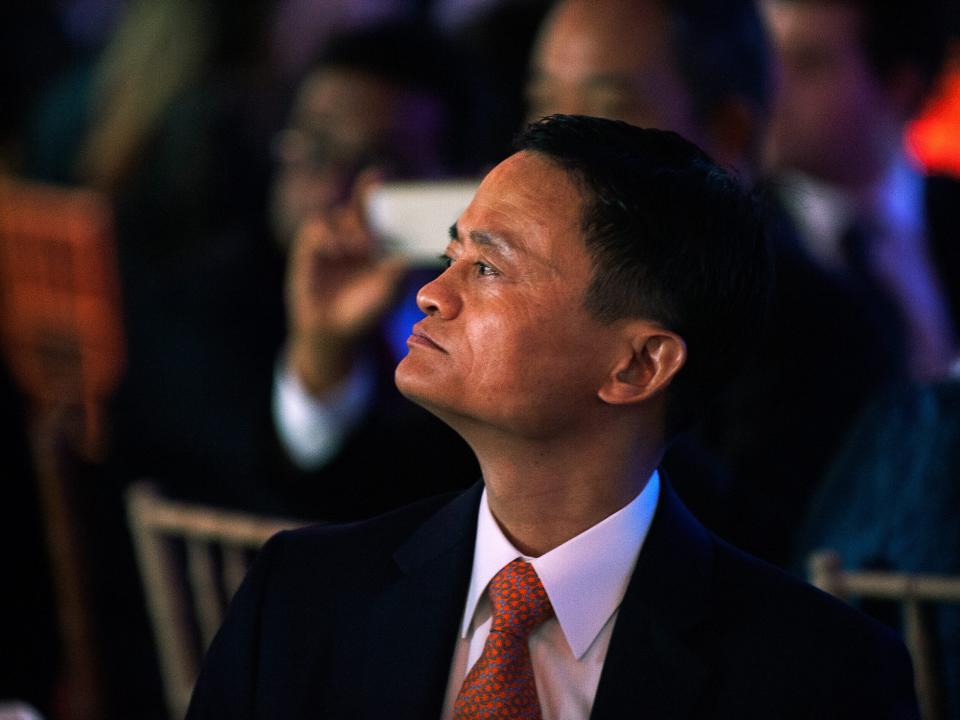
In January 2021, Yahoo Finance reported that Ma hadn't been seen publicly in more than two months and had been replaced as a judge on the TV talent show he founded, which raised the question of whether Ma had gone missing.
Ma isn't the first Chinese businessman to disappear from the public eye under such circumstances.
Ma's absence mirrored similar situations where Chinese businessmen had disappeared after battling with regulators.
But multiple sources said that Ma was not missing — he was simply "laying low" amid the government scrutiny and new regulations.
Ma appeared to resurface in Thailand in January 2023.
Jay Fai restaurant in Bangkok, Thailand, posted a photo of Jack Ma on Instagram. The caption read: "Incredibly humble, we are honored to welcome you and your family to Jay Fai's."
His reappearance came as Ant Group said it was streamlining voting rights to prevent any one shareholder from having a controlling vote.
His net worth is now estimated at around $30 billion, making him China's seventh-richest person in 2023.
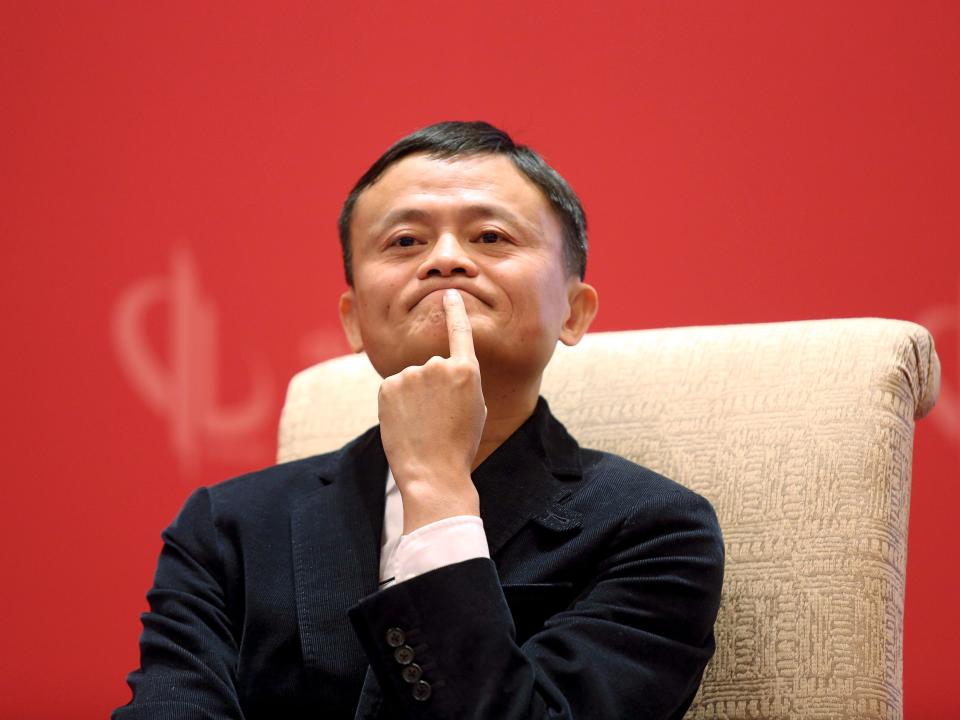
Once China's richest man, Ma's net worth has fallen by more than $20 billion since he disappeared from public view, according to the Bloomberg Billionaires Index.
In November, Forbes reported that Ma was the seventh richest man in China in 2023 behind businessman Robin Zeng.
In May of 2023, Ma accepted a teaching role at Tokyo College.
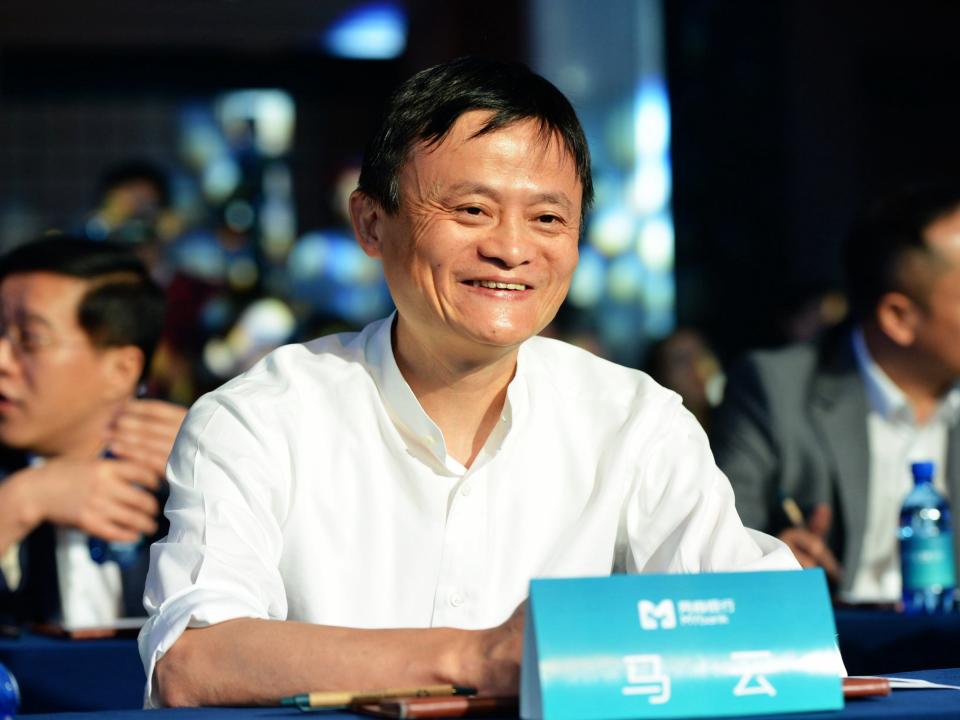
It's unclear if Ma is still teaching, but he was expected to conduct research on sustainable agriculture and food production. Tokyo College said that Ma would "share his rich experience and pioneering knowledge on entrepreneurship, corporate management and innovation" with students, according to the May announcement.
Ma began advising Alibaba in May, and held a meeting of company execs the same month.
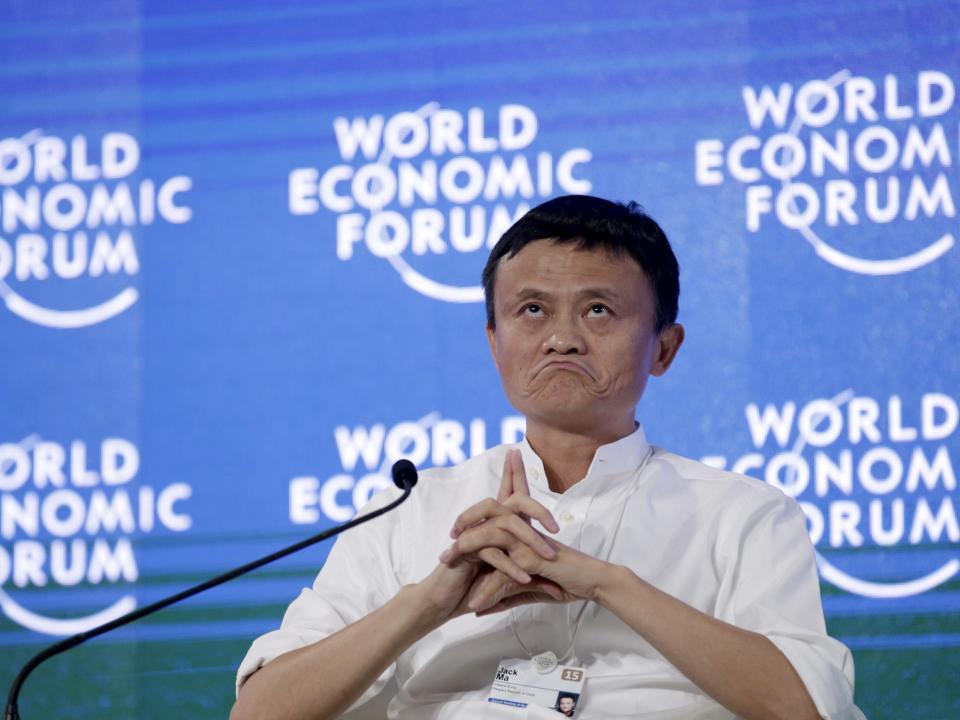
In the meeting, Ma suggested cutting out managers at Taobao and Tmall to combat the "very severe" competition the e-commerce platforms face. Other tech giants, particularly those in Silicon Valley, have also gotten rid of middle managers.
China appeared to be nearing an end to its nearly three-year investigation into Ant Group in July.
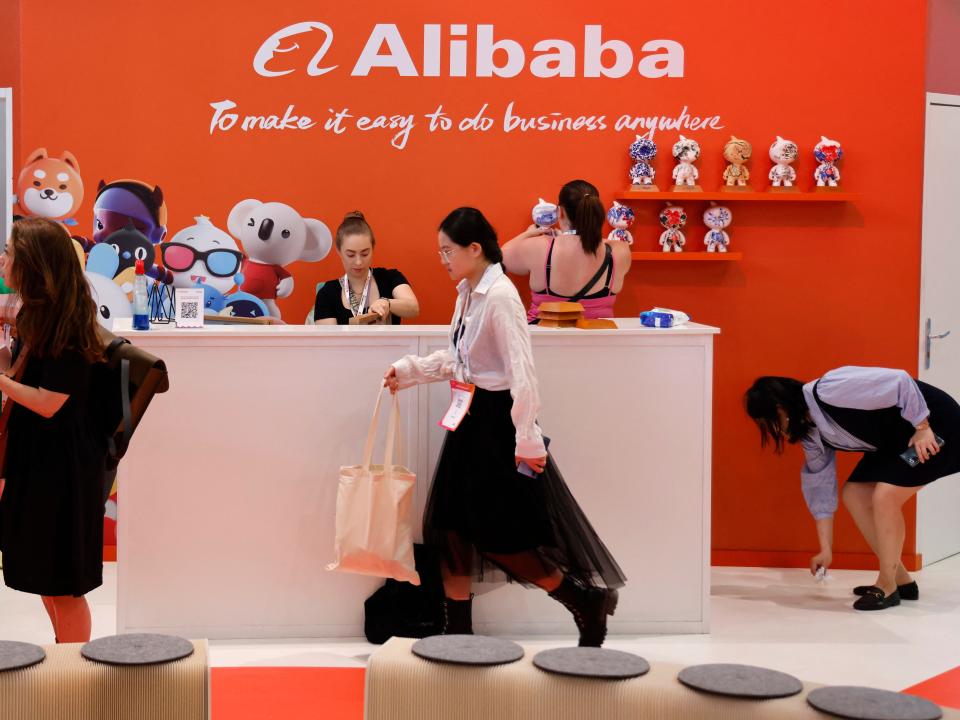
China's crackdown on technology firms appeared to be coming to an end after regulators issued a $1 billion fine to Ant Group in July, according to WSJ.
One of Ma's latest business ventures is a China-based agrotech startup.
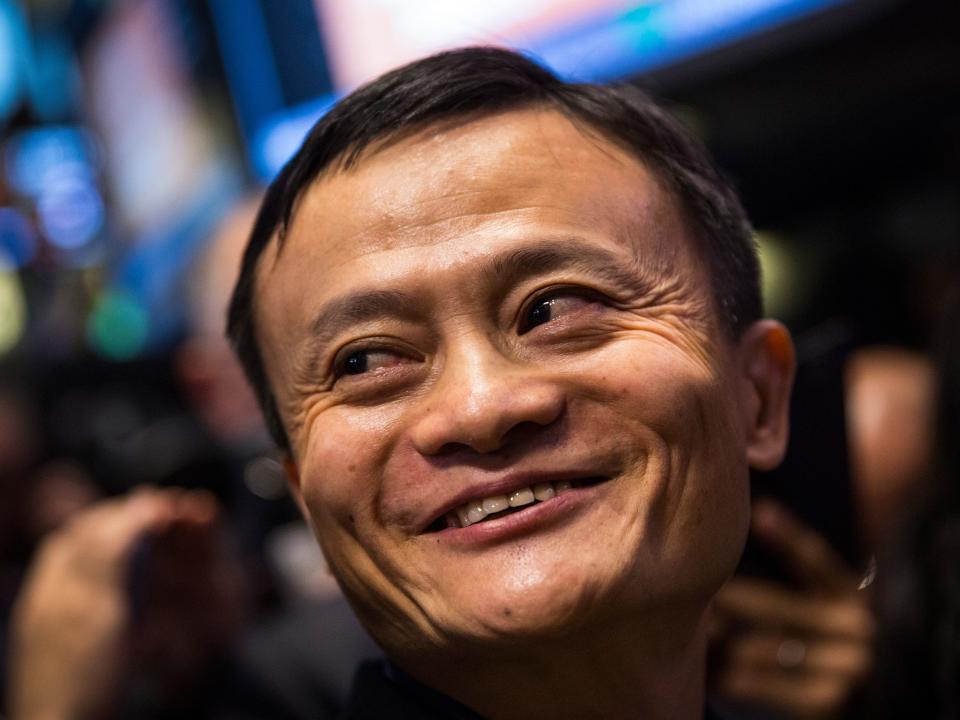
It appears that while Ma was out of the public eye, he was studying agrotech. As of July 2023, Hangzhou Dajingtou No. 22 Arts and Culture Co., one of Ma's investment-holdings companies, has a 10% stake in 1.8 Meters Marine Technology (Zhejiang) Co, an agrotech startup.
Ma incorporated a company called "Hangzhou Ma's Kitchen Food" in November.
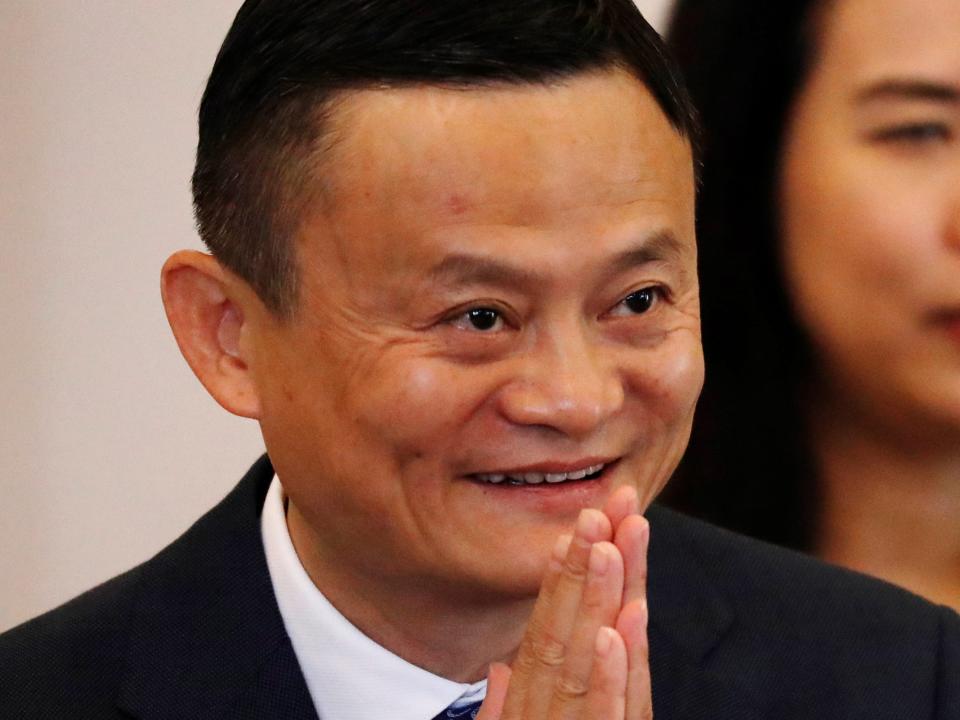
Ma's latest company reportedly deals with the sales of pre-packaged food and processing and selling agricultural products. But, Ma hasn't shared much about his desire to move into agriculture.
"I found that a place that does well in agriculture is not necessarily a place with good resources, but a place with unique thinking and people with imagination," he said during a speech to teachers last August.
He added, "The rural areas do need technology, while I think unique thinking and creativity are important as well."
He began buying shares in Alibaba during the fourth quarter of 2023.
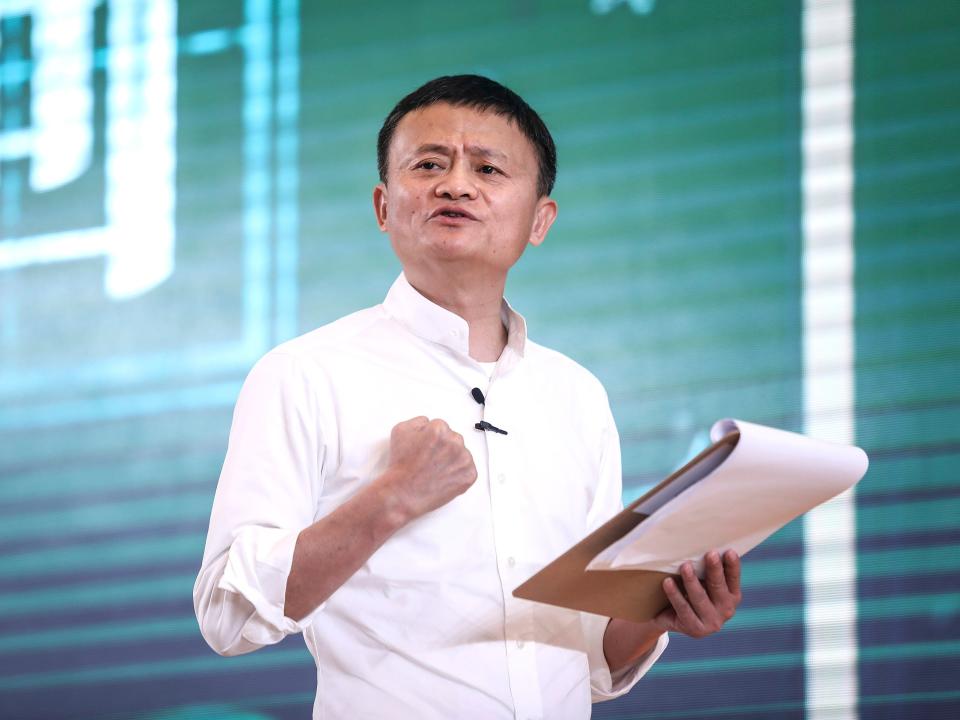
Alibaba's stock began to rally in January after Ma reversed his plans to sell his shares and invested more in the company instead.
Ma spent $50 million on Alibaba's Hong Kong-listed shares over the last few months of 2023, The Wall Street Journal reported. The tech giant's stock started slipping in November, prompting Ma to rethink his plan of investing in his other business ventures over Alibaba.
Ma's wife acquired three adjoining properties in Singapore for up to $37 million, Business Times reported.
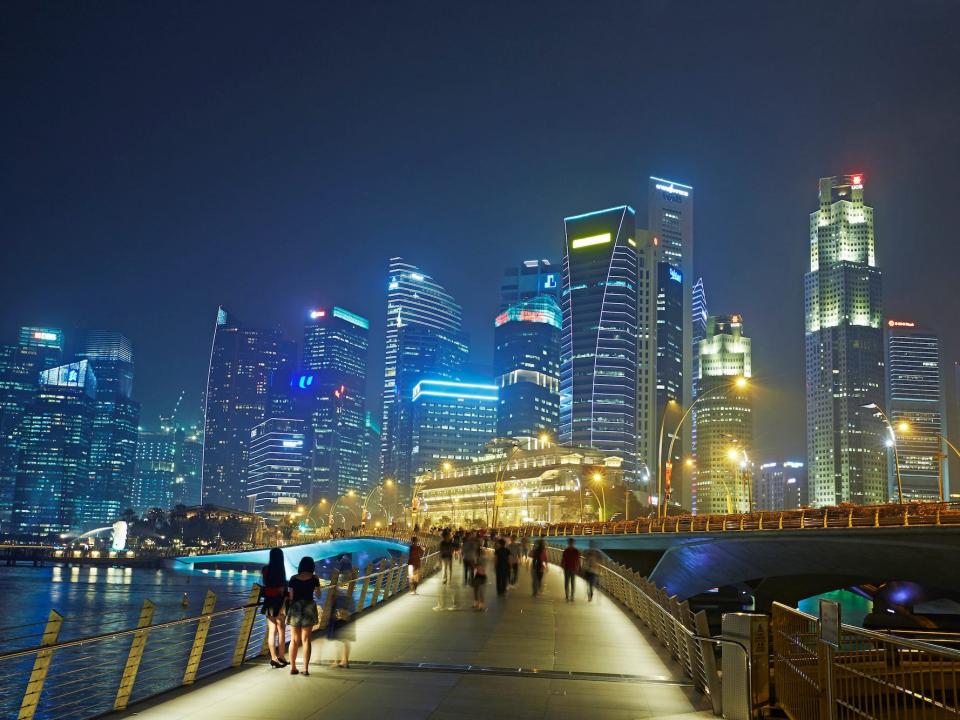
In February, The Business Times reported that Zhang Ying, a Singaporean citizen, bought three properties known as shophouses in the Tanjong Pagar area of Singapore.
The three-story shophouses are reportedly situated on commercial-zoned sites, and this type of real estate is popular in Singapore, according to Bloomberg. The shophouses are said to be nearly done with refurbishments, and at least one story will be a restaurant.
Read the original article on Business Insider


